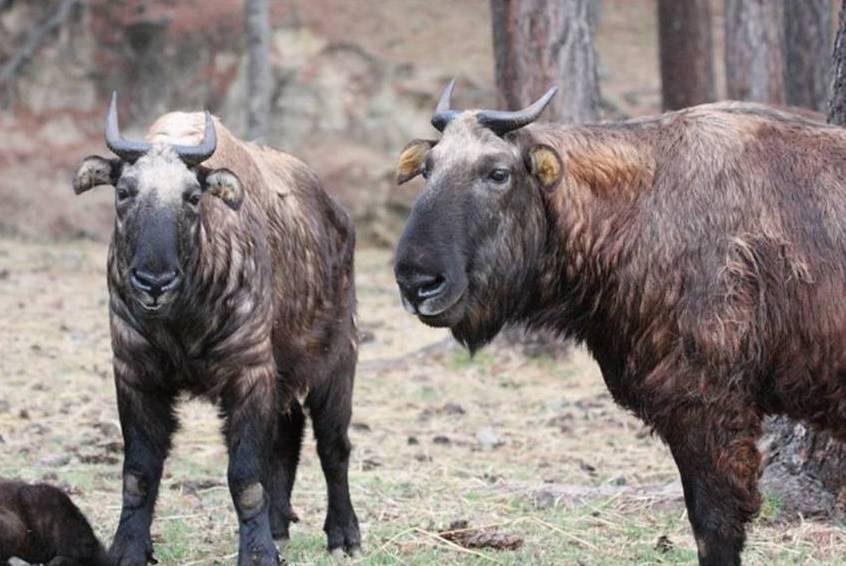
Sandwiched in between two of the world’s most populous countries – China to the north, and India to the South – Bhutan is a tiny landlocked country that lies on the edge of the Eastern Himalayas.
Area: 38,394 sq kilometers/14,824 sq miles
Population: 768,577 (Projection for 2016 based on 2005 census)
Form of Government: Constitutional Monarchy
Ruling Monarch: King Jigme Khesar Namgyel Wangchuck
Currency: Ngultrum (1 USD is roughly equivalent to Nu. 66)
Terrain: Three major terrain types – the Himalayas of the north, the hills and valleys, and the foothills and plains of the south.
Altitudinal range: 97 meters/318 feet at its lowest, and 7,570 meters/24,836 at its highest
Official Language(s): Dzongkha and English
Religions: Buddhism and Hinduism
National Symbols:
National Bird: Raven
National Animal: Takin
National Flower: Blue Poppy
National Sport: Archery
National Tree: Weeping Cypress, also known as the Bhutan Cypress (Cupressus cashmeriana)
Economy: Bhutan’s economy has grown considerably over the past few decades. Before the introduction of the Ngultrum in 1968, the preferred form of currency was to barter goods and services. Since then, Bhutan has progressed from a largely subsistence-based agrarian economy to an economy driven by the production and sale of hydropower electricity. Over the past few years, the service industry in Bhutan (particularly the tourism industry) has also grown to become one of the major contributors to the country’s rapid economic growth.